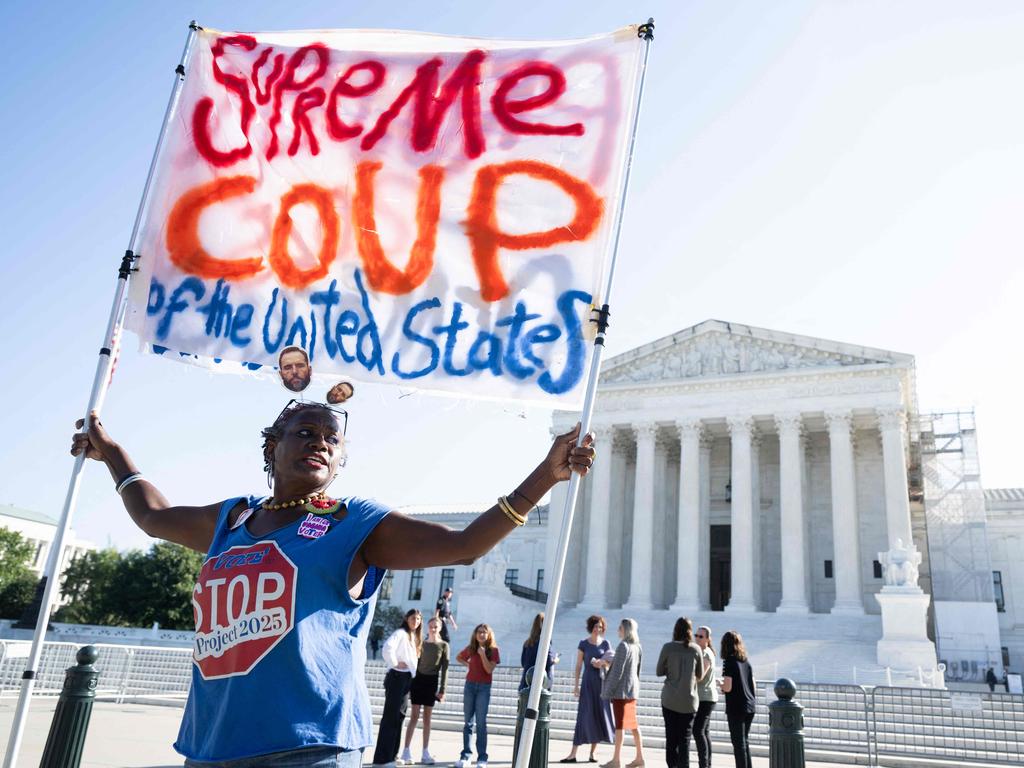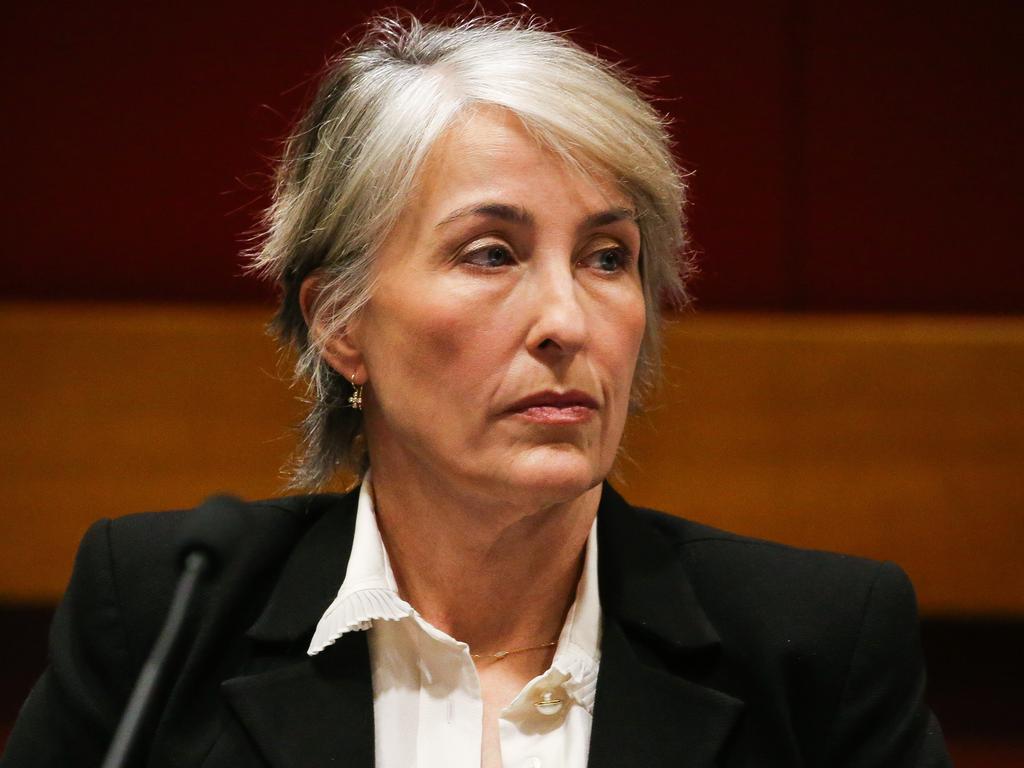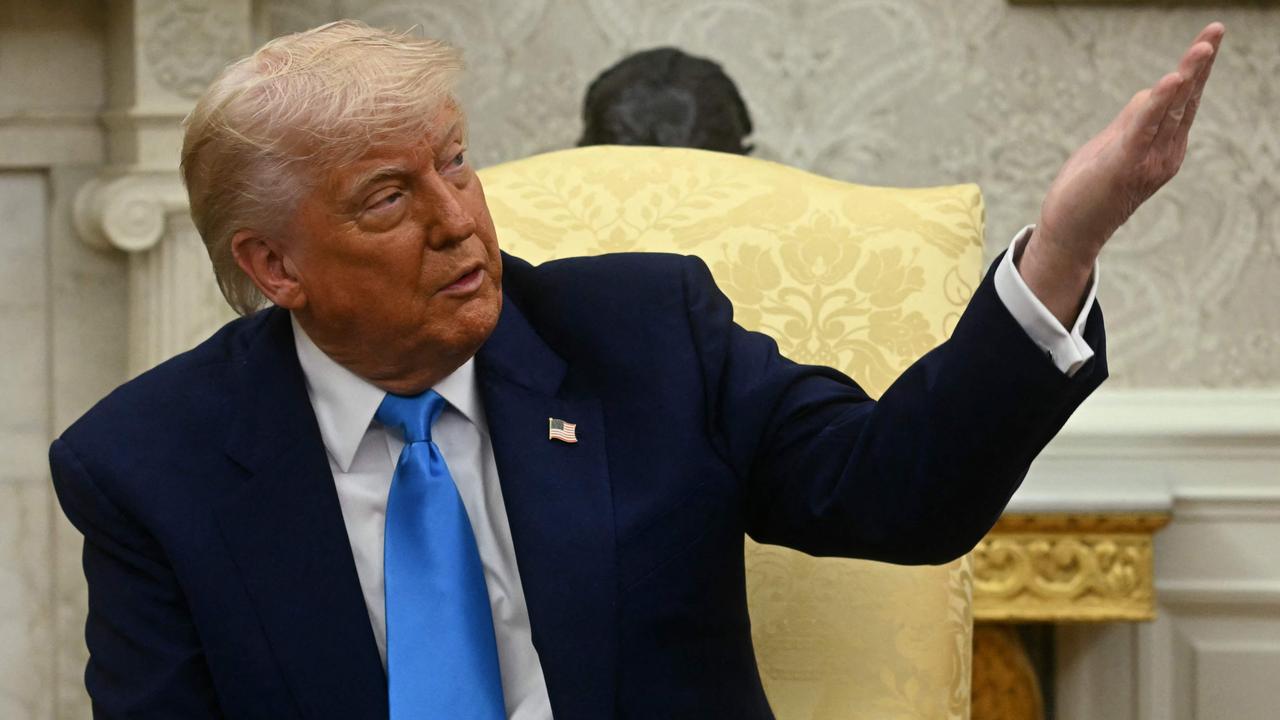NSW DPP Sally Dowling in ‘ethically questionable’ behaviour, says senior judge Penelope Wass
The growing rift between the NSW judiciary and the state’s top prosecutor has been dramatically laid bare with a senior judge alleging Sally Dowling tried to ‘exert influence’ over the judiciary and engaged in ‘ethically questionable’ behaviour.
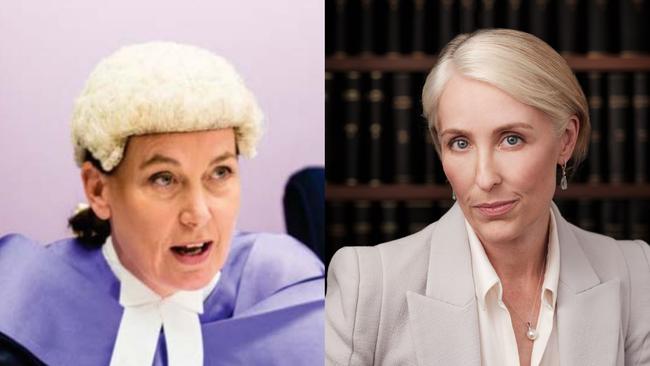
The growing rift between the NSW judiciary and the state’s top prosecutor has been dramatically laid bare with a senior judge alleging DPP Sally Dowling SC tried to “exert influence” over the judiciary and engaged in “ethically questionable” behaviour.
District Court judge Penelope Wass alleges in a complaint to the Office of the Legal Services Commissioner, obtained by The Weekend Australian, that Ms Dowling blurred the separation of powers and put the independence of the judiciary at risk when having private correspondence with the Chief Judge about Judge Wass’s conduct in three separate cases.
In what is understood to be the first recorded instance of a NSW judge filing a formal complaint against the state’s chief prosecutor, Judge Wass claims Ms Dowling possibly defamed, bullied and intimidated her when issuing a media statement saying her private comments to chief judge Sarah Huggett were “entirely appropriate”.
The extraordinary complaint marks an inflection point in a feud between the state’s judiciary and prosecution office, in which some judges have accused Ms Dowling of running baseless sexual assault cases that have no hope of securing a conviction.
The growing tension has culminated in three official complaints being made by Ms Dowling against sitting judges – one that was upheld, a second that was partially upheld and a third with an outcome unknown.
An Office of the Director of Public Prosecutions spokesperson said Ms Dowling had formally responded to Judge Wass’s complaint, and it would be inappropriate to comment further.
NSW Attorney-General Michael Daley has refused to become publicly involved in the standoff despite demands from MPs that he take urgent action to protect the integrity of the state’s justice system.
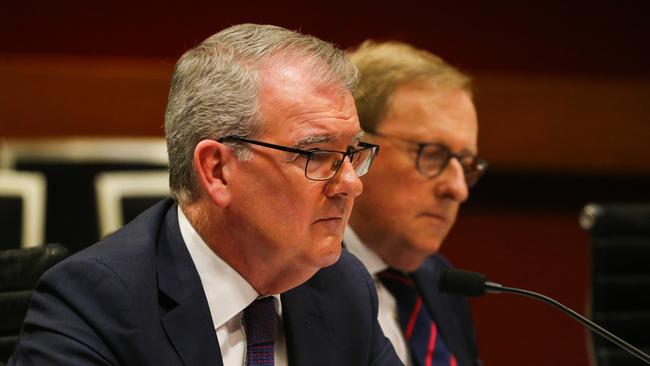
The simmering conflict erupted again when Ms Dowling raised concerns with the Chief Judge about what she believed to be an “emerging practice” under which Judge Wass directed witnesses to “produce their mobile phones and on occasion their PIN code” when giving evidence.
According to Judge Wass’s complaint, filed on June 28, Ms Dowling told the Chief Judge she believed forcing a witness to hand up their phone “infringed upon the rights of the accused person and the Crown to a fair trial”.
Ms Dowling also told the Chief Judge she would “consider steps she considers to be properly available to her to seek judicial review should further directions of this nature be made”.
But in her complaint, Judge Wass condemns what she viewed as a “threat” in Ms Dowling going over her head to the Chief Judge without the knowledge of the defence and saying she may seek judicial review.
Two of the matters were in the middle of hearings at the time Ms Dowling complained.
“It is evident that the Director has determined that it is appropriate to approach and co-opt the Chief Judge to receive, and presumably act upon, her complaint(s), about the conduct of a judicial officer(s), including when part-heard, without the knowledge of those conducting the litigation and without the need to follow any established protocol,” Judge Wass said.
“By these communications, the Director has attempted to exert influence over the future exercise of my judicial function by untransparent means.”
The complaint comes amid longstanding tension between Ms Dowling and members of the judiciary, some of whom say the ODPP puts accused rapists on trial despite not having enough evidence to secure a conviction.
The NSW Judicial Commission in August upheld a complaint made by Ms Dowling against judge Robert Newlinds, after he had accused her office of making “lazy and perhaps politically expedient” referrals of meritless rape accusations to court.
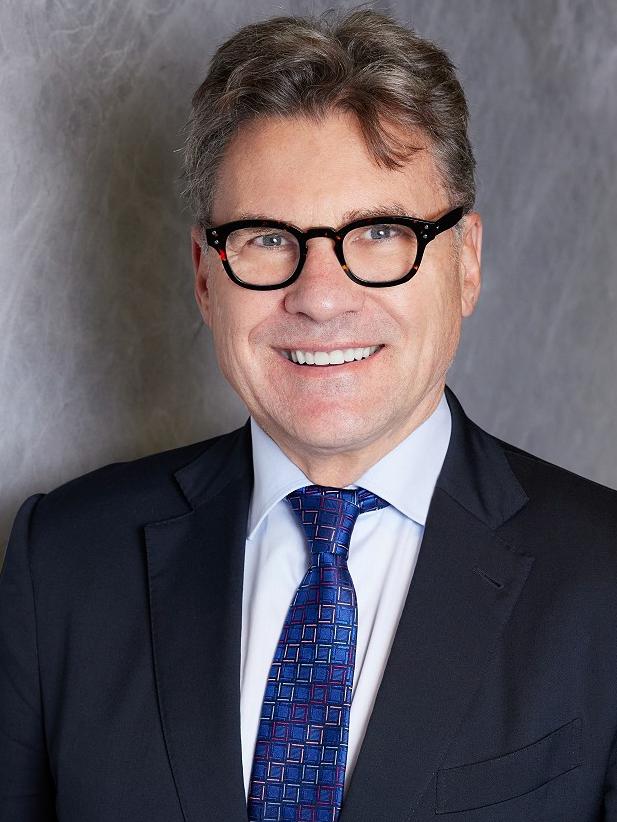
Judge Peter Whitford is also the subject of a complaint from Ms Dowling, after he accused her office of prosecuting matters “without apparent regard to whether there might be reasonable prospects of securing a conviction”.
The result of the complaint against him is unknown.
Ms Dowling late last year also lodged a complaint against judge Sean Grant after he accused her of the most “blatant judge-shopping” he had seen during his time on the bench.
In answers to supplementary questions to NSW parliament earlier this year, Ms Dowling said the complaint was “upheld in part” and the matter had been “referred to the Chief Judge of the District Court with a recommendation to the Chief Judge that Judge Grant be counselled as to the proper limits of case management in criminal matters and that questions as to the reasonable prospects of prosecution are for the Director of Public Prosecutions and not for a trial judge”.
In her complaint to the Commissioner, Judge Wass said that in no case was the phone direction appealed, and in two of the three cases “both parties agreed to the course adopted, or at least did not demur”.
Judge Wass characterised Ms Dowling’s comments to the Chief Judge as what she considered to be a “knowing and deliberate interference by a member of the executive in a judicial function” and therefore an “improper infringement on the separation of powers”. In her opinion, the complaint was a “clear risk to the administration of justice” and had the “potential to undermine my independence”.
“Such communications are in my view irreconcilable with principles of open justice and an independent, impartial judiciary,” she wrote. “To my knowledge this practice is not sanctioned by the NSW Bar Association, and is ethically questionable, where there is no representative of the defence Bar or the criminal law committee of the Bar Association, nor is it consistent with any protocol or practice note issued by the District Court.”
Judge Wass further complained of a statement issued to The Australian on June 7 in which she said her contact with the Chief Judge was “confidential” and related to a “matter of mutual concern”.
“If the Director’s criticisms and warning to me were not matters of ‘mutual concern’, the comment to the media is also false or misleading, and may arguably be defamatory of me in the sense that it creates a false impression that the criticism was warranted and shared by the Chief Judge,” Judge Wass wrote.
Judge Wass said if communications between Ms Dowling and the Chief Judge occurred regularly, that practice “fundamentally risks the integrity of the justice system and risks bringing the justice system into disrepute by giving the appearance that the Director has a special relationship or has special favour with the Court”.
She asked the Legal Services Commissioner to investigate whether Ms Dowling had breached the bar rules in engaging in the private complaint, including whether her statement to The Australian constituted “bullying” or was “intimidating”.
“I appreciate that these are very serious allegations,” Judge Wass said. “I do not make them lightly. I make them because I consider the independence of the judiciary and the public confidence in our system of justice to be of utmost importance and am of the firm view that it has been materially put at risk by the Director's conduct.”
An ODPP spokesperson said Ms Dowling had “formally responded to a complaint made by Judge Wass to the Office of the Legal Services Commissioner”.
“It would be entirely inappropriate to comment further until the matter has been finalised,” the spokesperson said.
One Nation upper house MP Tania Mihailuk said: “With every new revelation, confidence in the Office of the DPP is being eroded. We haven’t seen this level of micromanaging, tumult and controversy through the history of the ODPP.
“What is the Attorney-General going to do?” she said. “He can’t continue to simply brush aside these incidences.”
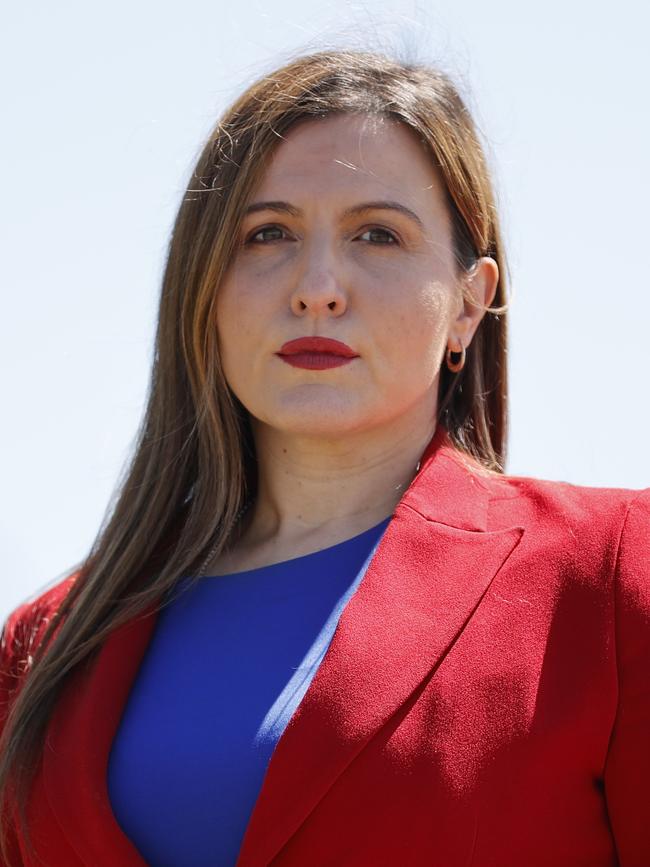
A spokesperson for Mr Daley said the Attorney-General was unable to comment on complaints, or reported complaints, made about legal practitioners to the Office of the NSW Legal Services Commissioner. “Judges operate independently of the executive branch of government. Similarly, the ODPP is a statutory body that operates independently of government,” the spokesperson said. “The Office of the NSW Legal Services Commissioner is an independent statutory body.”


